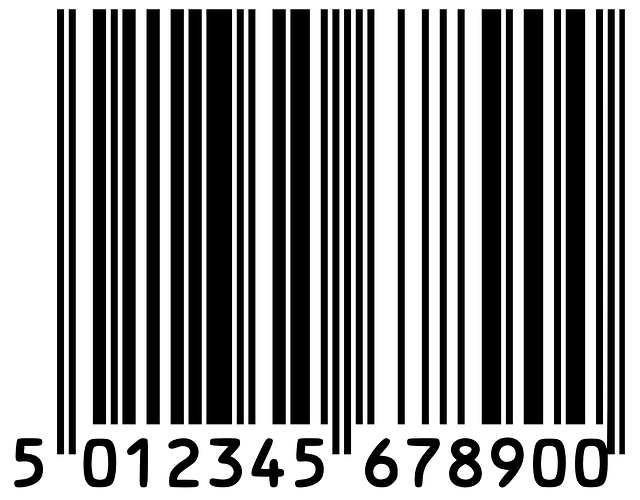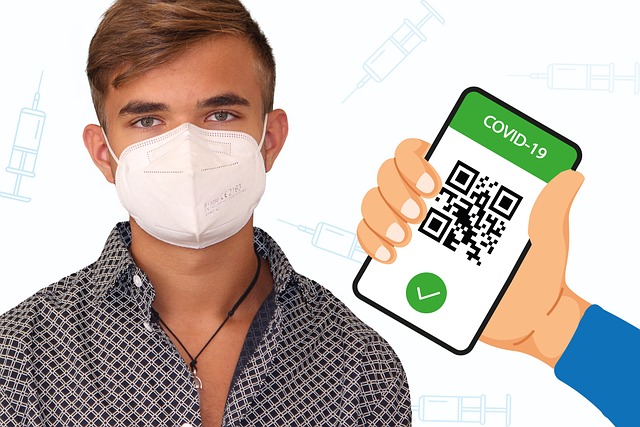In the legal sector, precise translations of documents like the UK Code of Conduct and Ethics are vital for clear communication, compliance, and avoiding potential legal issues. Translating this document requires cultural sensitivity, understanding of both source and target languages, and consideration of regional variations within the UK. High-quality translation services employ native experts, industry-specific terminology, and rigorous proofreading to ensure accuracy and cultural relevance. This process is crucial for international organizations expanding globally, as it maintains the original intent and ethical standards while adapting to local norms and legal frameworks. Advanced technologies like AI and NLP are expected to enhance translation speed, consistency, and accuracy in the future, revolutionizing access to essential ethics guidelines worldwide.
Ensuring clarity in translated codes of conduct and ethics is paramount, especially in an increasingly globalized business landscape. This article explores the intricate challenges associated with translating legal documents, focusing on UK-based translation services. We delve into key considerations, quality assurance processes, and the vital role of native speakers in preserving cultural relevance. Additionally, we present successful case studies and future trends in technology aimed at enhancing translation accuracy for codes of conduct and ethics.
- Understanding the Importance of Accurate Translation in Legal Documents
- Challenges in Translating Codes of Conduct and Ethics
- Key Considerations for UK-Based Translation Services
- Quality Assurance Processes for Code Translation
- The Role of Native Speakers in Ensuring Cultural Relevance
- Techniques to Preserve Original Meaning and Context
- Case Studies: Successful Translations in Similar Fields
- Future Trends in Technology for Enhanced Translation Accuracy
Understanding the Importance of Accurate Translation in Legal Documents

In the realm of legal documentation, precision is paramount, especially when dealing with codes of conduct and ethics—a fundamental aspect of any organization’s governance. When it comes to documents like the UK Code of Conduct and Ethics, accurate translation services are not just beneficial; they are indispensable. Effective communication demands that these critical guidelines be conveyed in a manner that leaves no room for misinterpretation.
Given the potential legal implications, a professional translation service specializing in such documents is essential. It ensures that cultural nuances are respected while maintaining the integrity of the original content. This is vital to prevent any ambiguity or unintended consequences that could arise from an inaccurate translation, thereby safeguarding the interests of all parties involved.
Challenges in Translating Codes of Conduct and Ethics

The process of translating codes of conduct and ethics into another language is not without its complexities. When dealing with such sensitive documents, precision and cultural adaptability are paramount. One significant challenge lies in capturing the nuances and underlying principles of the original text while ensuring the translated version resonates with the target audience’s ethical framework.
UK Code of Conduct and Ethics translation services often encounter terms and concepts that have no direct equivalent in another language. For instance, cultural references or specific legal terminology may require creative adaptation to maintain the intended meaning. Moreover, interpreting abstract ideas like “integrity” or “professionalism” across languages can be intricate, as these concepts might carry varying connotations and interpretations. Therefore, a deep understanding of both languages and the respective ethical contexts is essential to produce accurate and culturally sensitive translations.
Key Considerations for UK-Based Translation Services

When providing UK Code of Conduct and Ethics translation services, meticulous attention to detail is paramount. The nuances and cultural implications of language must be carefully considered to ensure the translated documents accurately convey the intended meaning and values. In the UK, where a diverse range of languages are spoken, translators must possess expertise in both the source and target languages to capture subtle differences in terminology and expression.
Additionally, staying abreast of any regional variations within the UK is crucial. While English is the predominant language, there may be specific localisms or idiomatic expressions that require nuanced handling. Translators should also be mindful of legal and regulatory requirements, as codes of conduct and ethics often carry significant weight in professional and ethical guidelines. Accurately translating these aspects ensures that organisations can maintain compliance and integrity across all languages and regions.
Quality Assurance Processes for Code Translation

When translating a code of conduct or ethics into another language, especially for a UK-based organisation seeking global reach, meticulous quality assurance processes are paramount to ensure accuracy and cultural relevance. This involves more than just word-for-word translation; it demands an understanding of legal and ethical nuances in the target market. Professional translation services should employ native speakers with expertise in both languages and domains, using industry-specific terminology to avoid ambiguity.
Translation memory tools can help maintain consistency across documents, while rigorous proofreading checks for grammatical errors, cultural appropriateness, and compliance with local regulations. Regular peer reviews by subject matter experts ensure the translated code aligns with the original intent and reflects the ethical standards of the organisation in the target market, thereby enhancing its credibility and legal standing.
The Role of Native Speakers in Ensuring Cultural Relevance

When translating codes of conduct and ethics, especially for international organizations or businesses expanding into new markets, relying solely on machine translation tools can lead to a loss of cultural nuance. This is where native speakers play a pivotal role. They act as cultural intermediaries, ensuring that the translated content resonates with the target audience and adheres to local sensitivities. Native speakers who are also familiar with the UK Code of Conduct and Ethics can help avoid potential pitfalls, such as literal translations that might carry different connotations or omit important cultural references.
By engaging native speakers, translation services for these sensitive documents become more than just word-for-word conversions. They facilitate a deeper understanding of cultural contexts, ensuring that the translated codes effectively communicate ethical principles and guidelines while maintaining their original intent and purpose in a global setting.
Techniques to Preserve Original Meaning and Context

When translating a code of conduct or ethics, preserving the original meaning and context is paramount to ensure effective communication across cultures. This often involves more than just word-for-word translations. Professional translation services for UK-focused documents should employ several techniques to achieve this.
One approach is to use native speakers with expertise in both languages and the subject matter. These translators can capture nuances, idiomatic expressions, and cultural references accurately. Additionally, employing contextual analysis ensures that the translated document aligns with the intended audience’s understanding and values. This may include research into legal and ethical frameworks in the target country to guarantee the code resonates with local norms and regulations.
Case Studies: Successful Translations in Similar Fields

When ensuring clarity in translated codes of conduct and ethics, it’s insightful to look at case studies from similar fields. For instance, UK-based organizations have successfully leveraged specialized translation services for their Code of Conduct and Ethics documents. These services not only translate but also culturally adapt content, ensuring that the original intent and nuances are preserved.
For example, a global consulting firm faced the challenge of harmonizing its diverse regional codes into a single, comprehensive document. By employing UK Code of Conduct and Ethics translation services with expertise in legal and ethical frameworks, they were able to create a uniform, easy-to-understand resource. This not only facilitated internal operations but also fostered consistency in their global interactions, demonstrating the importance of clear, accurate translations in maintaining ethical standards across borders.
Future Trends in Technology for Enhanced Translation Accuracy

As technology evolves, so do the demands for enhanced translation accuracy in documents like the UK Code of Conduct and Ethics. Future trends point towards more sophisticated machine learning algorithms that can better understand context and cultural nuances, leading to improved quality and consistency in translations. Artificial Intelligence (AI) powered tools are expected to play a pivotal role, enabling faster processing times and reduced human error. Advanced Natural Language Processing (NLP) techniques will enhance the ability to capture subtle meanings, idiomatic expressions, and even tone, ensuring that translated codes of conduct convey the intended message accurately.
The integration of Neural Machine Translation (NMT) models is likely to revolutionize translation services for UK ethics documents. NMT allows for training on vast amounts of data, resulting in more fluent and coherent translations. Additionally, real-time translation tools could enable on-the-go access to accurate codes of conduct in multiple languages, catering to a diverse global audience. These advancements hold the promise of making translated ethics and conduct guidelines as effective and impactful as their original English versions.
Ensuring clarity in translated codes of conduct and ethics is paramount, especially within the legal framework of the UK. As demonstrated through case studies and future trends in technology, continuous innovation and meticulous quality assurance processes are crucial to preserving original meaning and context. UK-based translation services must prioritize cultural relevance by engaging native speakers, adopting advanced techniques to capture nuances, and adhering to stringent quality standards. By doing so, they can facilitate effective communication of codes of conduct and ethics across diverse linguistic landscapes.



